February 14, 2024 | Dr. Silvana Jakupovic, ND
As the skies light up with the vibrant colours of fireworks on July 4th, we're reminded of the core values that shaped the United States - freedom, resilience, and the pursuit of happiness. But as we celebrate this nation's independence, it's also a perfect time to reflect on another crucial aspect of freedom: our health independence.
In this spirit, let's explore an unconventional ally in our pursuit of wellness – functional mushrooms. These natural wonders, often overlooked, pack a powerful punch in boosting our immune system, much like the fireworks that brighten the July 4th night sky. Today, we explore the world of functional mushrooms, unravelling their mysteries and showcasing how they can be a symbol of health independence and resilience, mirroring the spirit of Independence Day.
Healthy 4th of July: The Immune System and Independence Day
The essence of July 4th lies in celebrating the strength and resilience of a nation, qualities that are mirrored in a well-functioning immune system. Just as a strong nation withstands challenges and thrives, a robust immune system protects us against illnesses, ensuring our body’s independence from disease.
The immune system in humans is a complex and sophisticated network comprising cells, tissues, and organs. It serves as our primary defence against various harmful organisms, such as viruses, bacteria, and other pathogens. Essential for sustaining health and vitality, a strong immune system is our shield against infections and a cornerstone of our resilience against numerous health challenges.
Central to the immune system's role is its ability to combat infections. When it is functioning at its best, it can effectively recognize and eliminate invading pathogens, thereby preventing illness. Conversely, a compromised immune system leaves one more vulnerable to common ailments like colds, the flu, and other bacterial and viral infections.
Functional Mushrooms: Immunity Boosters
Functional mushrooms, in the context of Independence Day, are like the minutemen of the American Revolution - unassuming yet powerful. They work quietly but effectively, fortifying our body's defences and ensuring our immune system is ready for any challenge.
In light of this, there is increasing interest in natural methods to enhance immune function, and functional mushrooms have become a key area of interest. The link between immune-boosting mushrooms and overall immune health is garnering significant research attention. Varieties such as Turkey Tail and Reishi are celebrated for their ability to strengthen immune responses, particularly through the activation of T-cells and natural killer cells. These mushrooms contain potent bioactive compounds like beta-glucans, which are instrumental in reinforcing the body's defence systems.
This proactive approach to health, inspired by the spirit of July 4th, empowers us to take control of our well-being. Just as the United States emerged as a beacon of freedom and resilience, incorporating functional mushrooms into our lives can help us forge a path of health independence, safeguarding our most precious asset - our health.
Natural Immune Boosters: Mushroom Health Benefits
Functional mushrooms are often regarded as biological response modifiers. This term underscores their unique ability to adjust and influence the immune response. They are not just health supplements; they act as regulators, fine-tuning the immune system's operations.
As biological response modifiers, these mushrooms enhance the body's detection and response to abnormal cells and bolster the overall effectiveness of the immune response to infections. By doing so, functional mushrooms offer a comprehensive approach to health, aiding in the balance and adaptability of the immune system, which is crucial for maintaining overall well-being.
Turkey Tail Mushroom Health Benefits
Turkey Tail mushrooms are highly regarded for their immune-boosting properties, particularly in cancer treatment. The mushroom's polysaccharides, such as Polysaccharide Krestin (PSK), are central to its efficacy. PSK is so effective in bolstering the immune system that it's an approved cancer therapy in Japan, known for enhancing the well-being and longevity of cancer patients undergoing conventional therapies [1].
Besides PSK, Turkey Tail contains Polysaccharopeptide (PSP), abundant in beta-glucans, which activate macrophages – key cells in pathogen elimination [2]. Turkey Tail's ability to enhance immune responses extends to the production of antibodies, specifically IgM and IgG, which form a significant part of our serum antibodies [3]. This suggests that Turkey Tail can potentially increase immunity against re-infection. Additionally, its rich antioxidant content, including phenols and flavonoids, plays a crucial role in reducing inflammation and protecting cells and tissues, further supporting immune health [3].
In cancer treatment, the use of Turkey Tail for immunity has gained significant attention. Since 1977, PSK has been an integral part of Japan's standard cancer care, accounting for a large portion of its cancer care expenses. Studies have shown PSK's ability to improve survival rates, particularly in breast cancer patients, by mitigating treatment side effects and enhancing disease-free survival [4]. Its effects are especially notable in ER-negative breast cancer cases, improving outcomes when used alongside chemotherapy.
Turkey Tail mushrooms also impact cancer care through their influence on Toll-like receptors (TLRs) on immune cells, which activate immune responses against invaders [4]. Research indicates that Turkey Tail's immunological effects, including PSK stimulating TNF secretion through TLR-4 activation, may make it a viable cancer immunotherapy option. Moreover, Turkey Tail's beta-glucans have shown promise in enhancing cancer treatment efficacy, particularly when combined with antitumor monoclonal antibodies, leading to more significant tumour regression and improved survival rates [4].
Lastly, Turkey Tail functional properties have illustrated that the mushroom extract can regulate TH2 cytokines, promoting a TH1 response favourable in cancer therapy [5]. Overall, incorporating Turkey Tail mushrooms into cancer treatment regimens has been associated with increased survival rates, especially in breast, gastric, and colorectal cancers [5].
Reishi Mushroom: Immune System Booster
Reishi benefits immunity greatly. The mushroom contains beta-glucans, polysaccharides, and triterpenes that significantly enhance the immune system. These compounds activate macrophages and natural killer cells and promote cytokine production, which is key in regulating immune responses. Studies have demonstrated Reishi's effectiveness in boosting immunity in various individuals, including cancer patients and those in general good health [6,7].
The interaction of Reishi's beta-glucans with Toll-like receptors (TLRs) is particularly noteworthy. This binding initiates the innate immune response and stimulates cytokine production, essential for controlling other immune cells' growth and activity [8]. This mechanism underlines Reishi's potential in targeting bacteria, viruses, and cancer cells.
Reishi mushrooms have also shown promise in COVID-19 treatment [9]. The presence of beta-glucans in Reishi increases lymphocytes and enhances pathogen recognition receptor (PRR) signals, crucial in initiating innate immunity and combating infections, including COVID-19 [9].
Additionally, Reishi mushroom health benefits exhibit antiviral activities, particularly against influenza viruses [10]. Ganoderic acids found in Reishi have demonstrated neuraminidase (NA) inhibitory activity, offering a potential framework for designing new NA inhibitors to address drug-resistant flu strains [10].
Chaga Mushroom Benefits: Immune Health with Mushrooms
Chaga mushroom antioxidants are often the backbone of the Chaga health benefits. Chaga mushrooms, another potent immune booster, have displayed significant anti-tumor properties [11]. Studies on mouse models have shown a notable reduction in tumour size and nodules in metastatic mice, suggesting Chaga's role in inhibiting tumour growth by supporting normal metabolic reactions and inducing cancer cell death [11]. Chaga also induces autophagy in cancer cells, a process that suppresses tumorigenesis by hindering cancer cell survival [12,13].
In addressing viral infections, Chaga mushrooms have been effective against HSV-1 (herpes simplex virus), inhibiting viral-induced membrane fusion and preventing viral entry [14]. Chaga extracts can even eliminate viral DNA from infected cells, indicating a potential role in preventing recurrent herpes outbreaks [15].
Furthermore, Chaga has shown promising results in allergy management. It can significantly reduce IgE levels in the bloodstream and enhance TH1-derived responses, thereby inhibiting allergy development [16]. Chaga also decreases the expression of IL-4, a key component in allergic responses [17].
Mushroom Immune Support for 4th of July
As we reflect on the benefits of functional mushrooms like Turkey Tail and Reishi, it's evident that these natural wonders offer more than just a boost to our immune system. They represent a convergence of ancient wisdom and modern science, bringing forth an understanding of health that transcends conventional medicine. Functional mushrooms embody the principles of holistic well-being, aligning closely with the values we cherish on Independence Day – freedom, resilience, and the pursuit of a better life.
As we celebrate the nation's independence, let's also celebrate our personal health independence, empowered by the natural, immune-boosting treasures that functional mushrooms provide. Here's to a healthier, more resilient future, illuminated by the knowledge and benefits of these extraordinary natural allies.






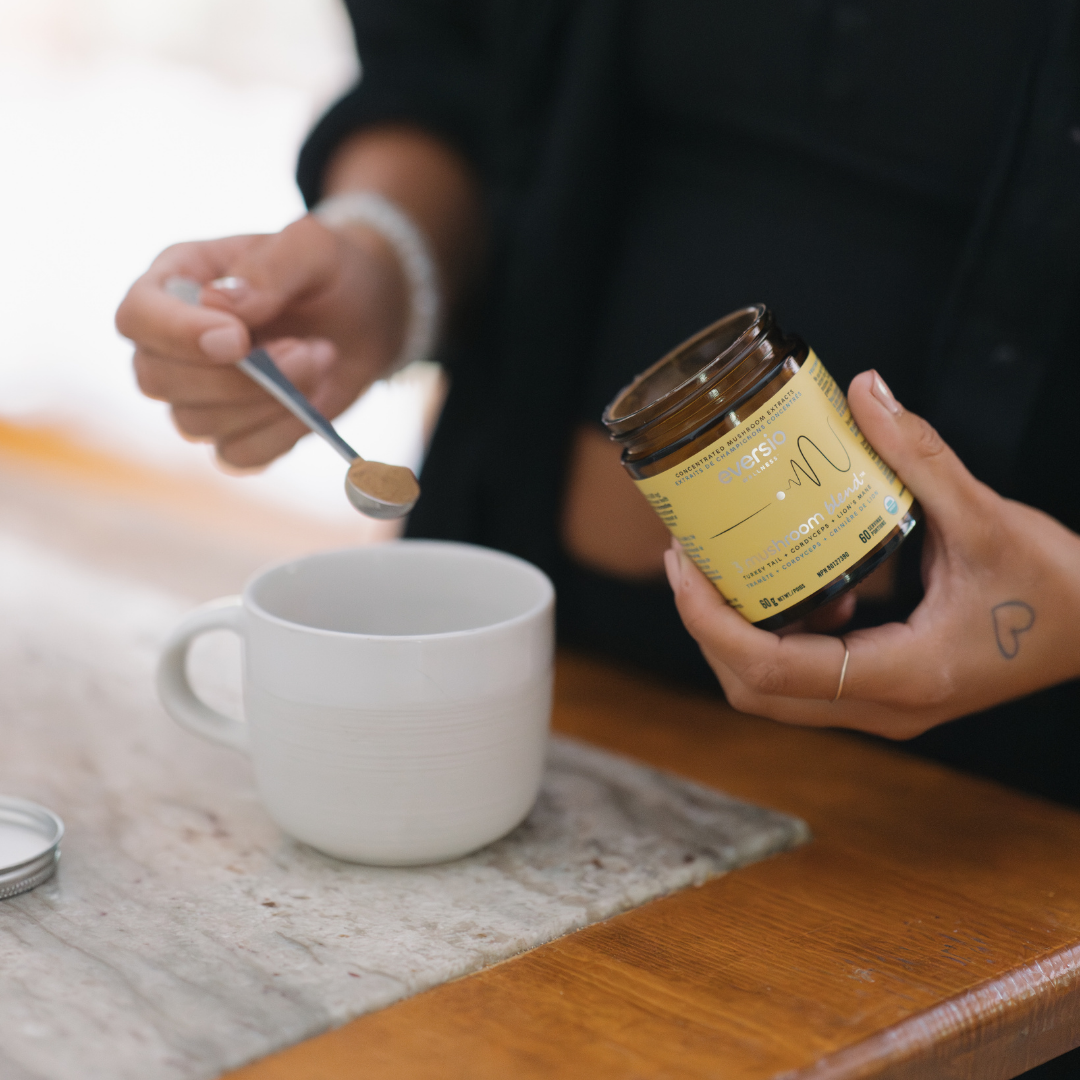

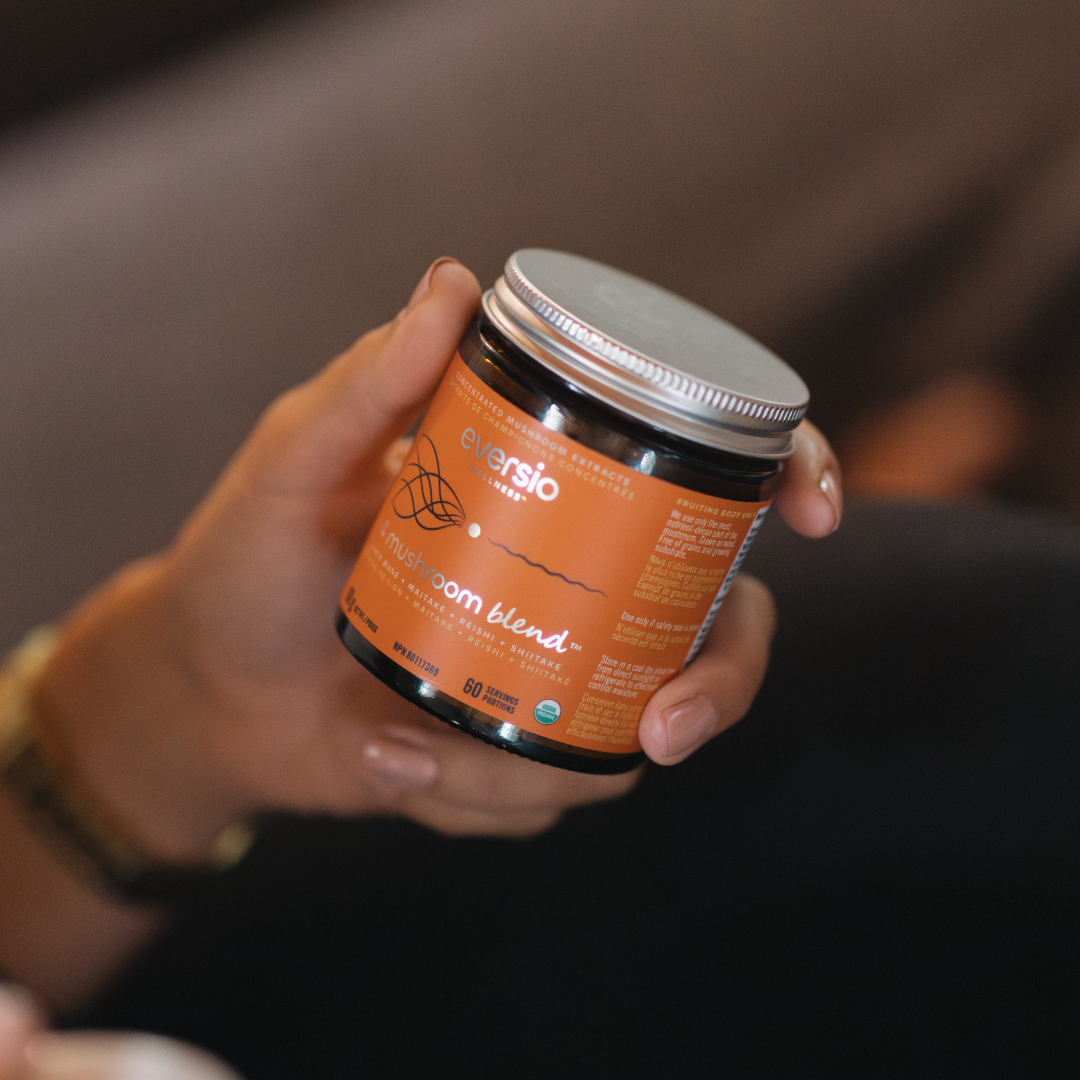

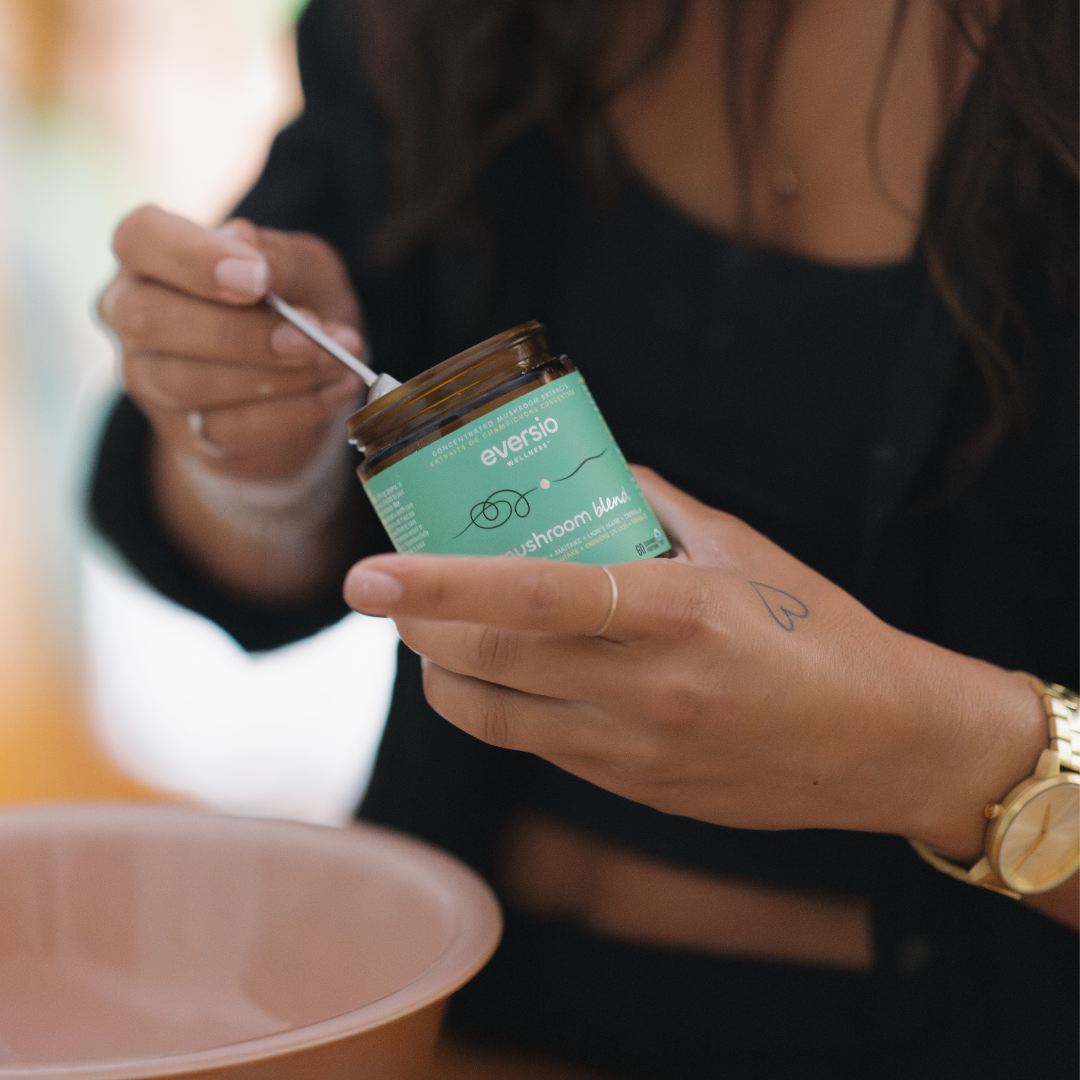

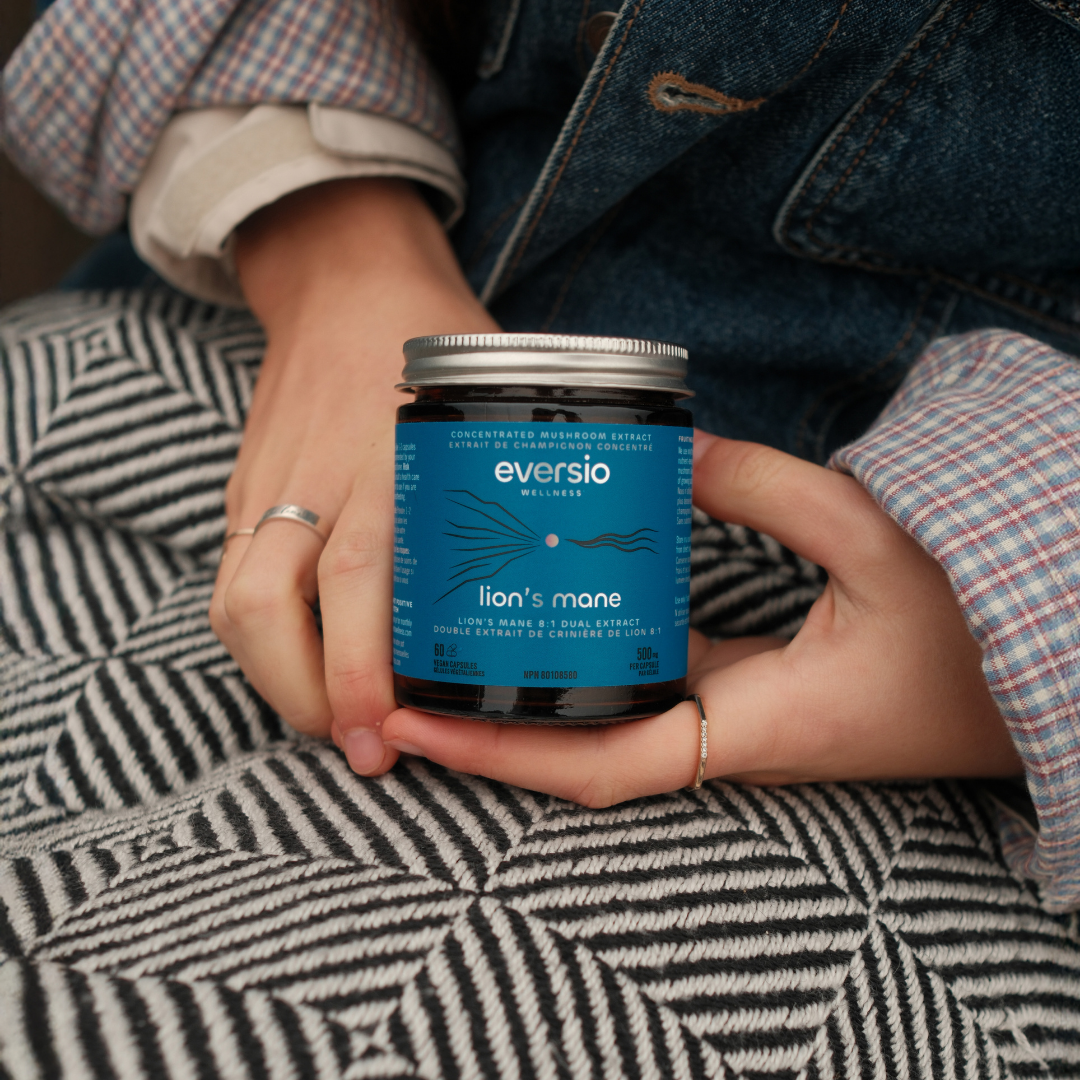


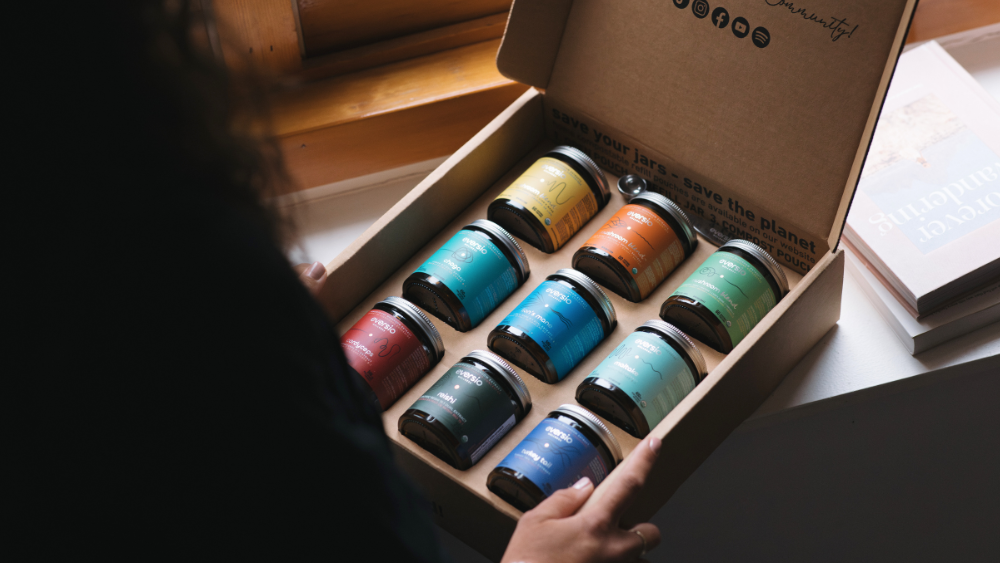







Leave a comment
All comments are moderated before being published.
This site is protected by hCaptcha and the hCaptcha Privacy Policy and Terms of Service apply.